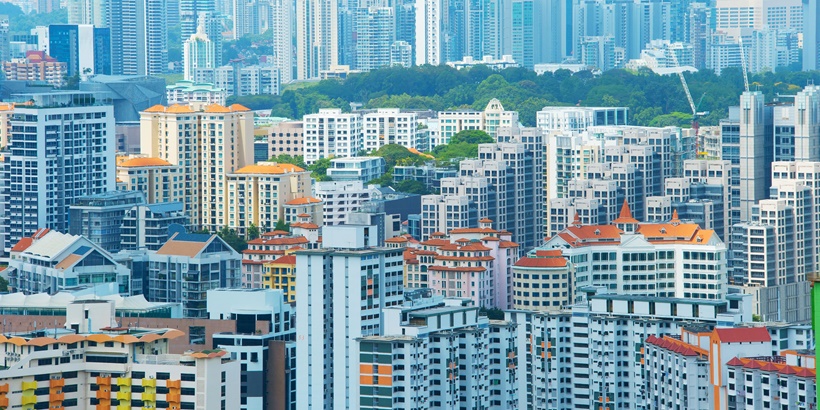
Minister Desmond Lee’s urge for Singaporeans to exercise prudence when acquiring property and the recent rise in private home prices have experts believing them as signals for another round of cooling measures.
Analysts consider recent ministerial remarks on the property market as a signal of another round of cooling measures.
Deputy Prime Minister and Finance Minister Heng Swee Keat on Monday (18 January) said the government will pay “close attention” to the local property market to ensure it remains stable, reported The Straits Times (ST).
“We do not want to see the property market run ahead of the underlying economic conditions”, he added, noting the uncertain economic outlook.
Heng made the comments at the anniversary celebration of the Real Estate Developers’ Association of Singapore (REDAS).
Meanwhile, National Development Minister Desmond Lee had earlier said the property market is being monitored “very closely” by the government.
Recommended article: Why More Homeowners Are Refinancing Now, Especially Thanks To COVID-19 Property Reliefs
Speaking at a BCA-REDAS seminar, Lee urged households to exercise caution when acquiring property and developers to be prudent in their land bidding, considering the uncertain economic outlook.
These remarks were seen as a signal for additional property cooling measures by analysts at Jefferies Financial Group and DBS Group Research, said ST.
Moreover, flash estimates from the URA also showed that private home prices rose 2.1% in the fourth quarter of 2020, or the highest quarterly increase since Q2 2018 when prices climbed 3.4%.
Normanton Park’s strong sales were also cited as another factor. The biggest and first new launch for 2021, the development shifted almost one-third of its 1,862 units.
DBS analysts believe the hike in private home prices were fuelled by low interest rates, the return of upgraders and former en bloc sellers to the market, and improved buyer confidence as many Singaporeans remained employed thanks to the government’s various job schemes.
Recommended article: En Bloc to Make a Comeback in 2021: A Look at 74 Past Unsuccessful En Bloc Sales
“This trend has surprised many and a further acceleration in price trends in 2021 may put the property market in frothy territory,” warned DBS analysts as quoted by ST.
With this, DBS analysts suggested tightening mortgage terms, adjusting up the average minimum size for homes at new developments and further tweaking Additional Buyer Stamp Duties (ABSD) for foreigners and investors “as it has been shown to slow the pace of price increases”.
Some analysts, however, believe that implementing more cooling measures at this point would be premature, said ST.
The July 2018 round of property cooling measures were precipitated by four consecutive quarters of price hikes totalling 9.1%, higher than expected Government Land Sales (GLS) bids and record-high en bloc sale bids.
Comparatively, private home prices rose 2.2% in 2020. “GLS land bids were in line or lower than expected, although the number of bids is increasing. And collective sales are still nascent, with just four smallish ones in 2020,” said Tricia Song, Research Head for Singapore at Colliers International, as quoted by ST.
With this, Song expects the government to wait out “a few quarters and monitor prices”.
“In the meantime, it is sending out messages that buyers should be prudent and that prices should not continue to move up significantly before an actual economic pickup,” she said.
Suggested read: Is It Time for Singapore to Remove ABSD?
Wong Xian Yang, Associate Director of Research for Singapore and South-east Asia at Cushman & Wakefield, noted that most of the 2.2% price growth in 2020 came from Q4 2020, which posted a 2.1% increase.
“So, it is still too early to assess if price growth is on an unsustainable trajectory. The current market could be propped up due to government stimulus, and when that stimulus winds down, it is uncertain if current demand can be sustained,” he said as quoted by ST.
“To ensure that home purchases are prudent, the government can introduce further loan curbs for both local and foreign investors… I don’t think additional buyer’s stamp duty (ABSD) should be increased further given that different sectors have performed differently.”
He pointed that prices within the Core Central Region fell 0.2% in 2020, while the Rest of Central Region and Outside Central Region saw prices increase 5.1% and 3.1%, respectively.
“Increasing ABSD may result in more divergent performance across sectors,” added Wong.
Looking for a property in Singapore? Visit PropertyGuru’s Listings, Project Reviews and Guides.

